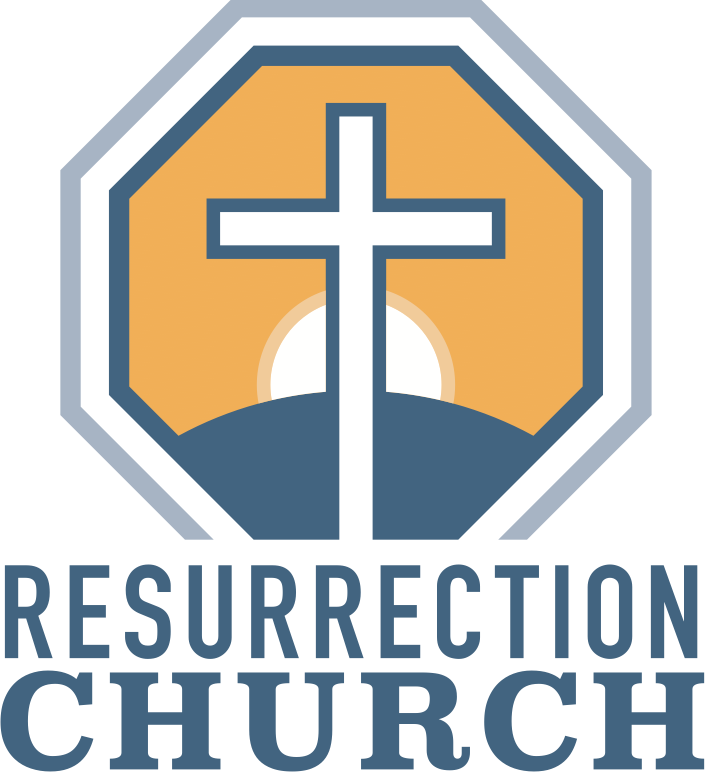Sermon Texts:
Revelation 1:4-8
Exodus 4:1-17
Today we conclude the section of Exodus on the call of Moses. Here we examine the significance of the three signs YHWH gives to Moses to verify that Moses’ message is of divine origin. We also examine how the question of Moses’ identity is answered in relationship to YHWH. We conclude by reading God’s revelation at Sinai through Revelation 1 and see how God’s existence is not so the big question but rather God’s insistence.
